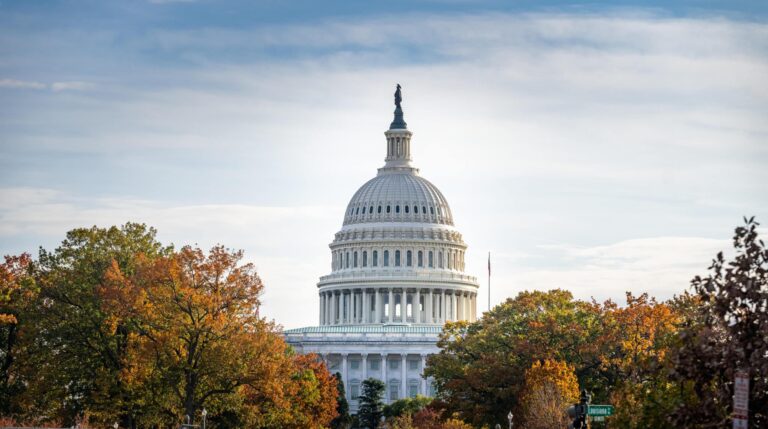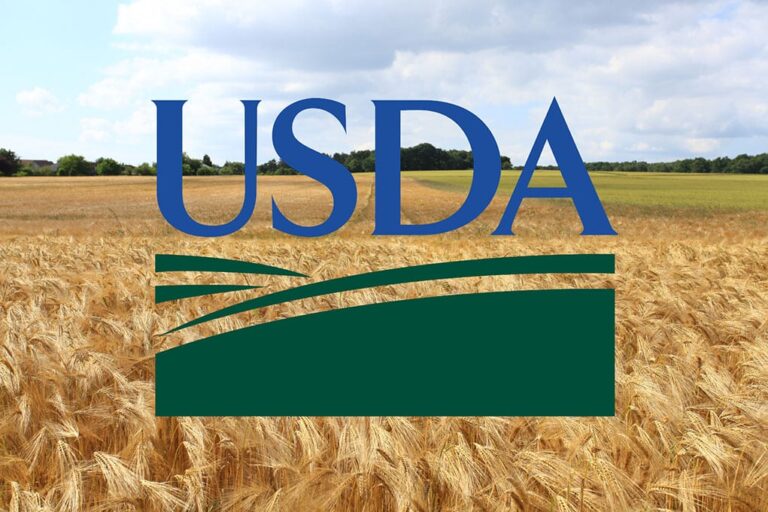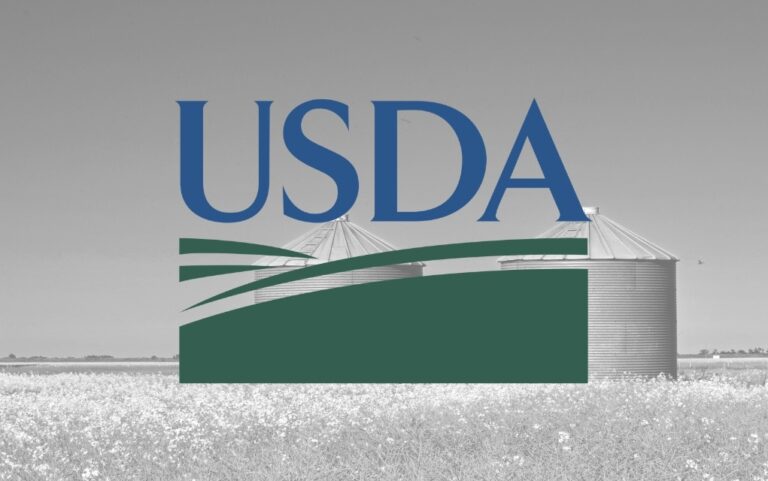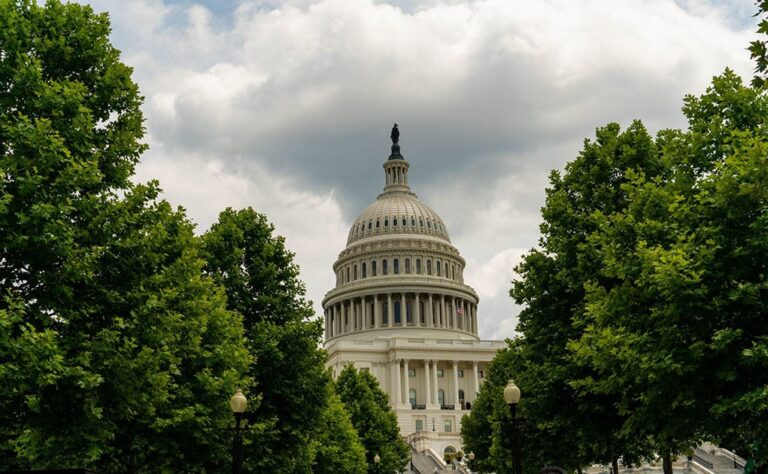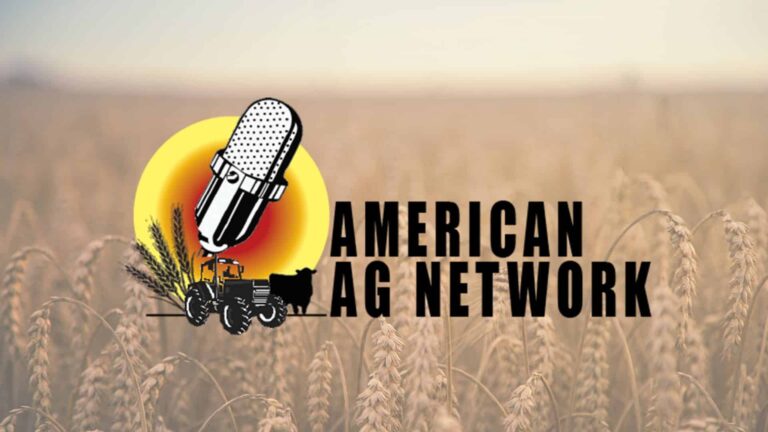USDA Secretary Tom Vilsack says a government shutdown would be “incredibly disruptive” to millions of Americans, including farmers, USDA staff, and needy families.
SNAP food stamp benefits would stop after a month, the Women, Infants and Children or WIC nutrition program would end immediately. As for farmers, Vilsack says, “Now is the time when farmers are harvesting their crops, and they’re seeking marketing loans, which allow them and assist them in ensuring that they get a decent price for their crop. When we have a shutdown, Farm Service Agency offices in virtually every county in this country shut down, and those loans are not available.”
Secretary Vilsack says other USDA agencies are also in every county; “It’s Rural Development offices, it’s NRCS conservation employees, it’s some of the forest service employees, it’s a lot of the researchers and people who work for the Agricultural Research Service, ARS.”
And administrative staff, without which Vilsack says anyone still working, can’t get their job done.
Meantime, Texas A & M Extension Economist Joe Outlaw told a Farm Foundation Zoom panel discussion, things are a mess for doing a farm bill this year.
“If there is compromise, you may lose the Speaker of the House, if there is compromise, there are going to be people who are unhappy,” according to Outlaw. “The debt ceiling deal passed earlier this year put everything behind the ‘eight ball’ in terms of getting the farm bill done. When I saw the outcome of the debt ceiling, I said I didn’t think we’ll get a farm bill done for a couple of years—I still stand by that.”
He added the appropriations standoff in the House, threatening a government shutdown, isn’t helping a farm bill either.


